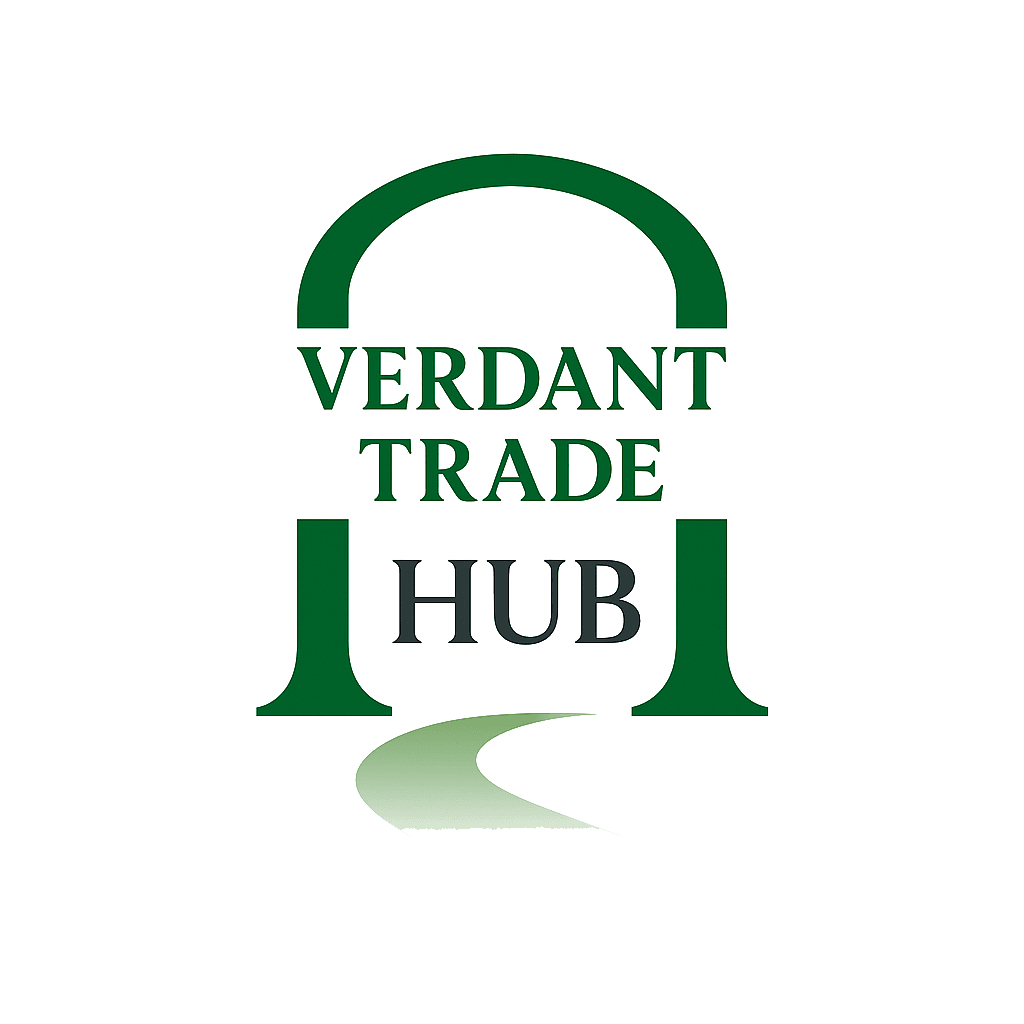Why Ethical Sourcing Matters in the Global Agro-Produce Market
Understanding Ethical Sourcing
In recent years, the term "ethical sourcing" has gained significant traction, especially within the global agro-produce market. But what exactly does it mean? Ethical sourcing refers to the process of ensuring that the products being sourced are obtained in a responsible and sustainable way. This includes considering the environmental, social, and economic impacts of production and ensuring fair treatment and pay for workers involved in the supply chain.
The importance of ethical sourcing in agriculture cannot be overstated. As consumers become more aware of global supply chain issues, they demand transparency and accountability from companies. This trend is not just a fleeting moment; it reflects a fundamental shift in consumer behavior that businesses must adapt to if they wish to remain competitive.

Environmental Sustainability
One of the primary reasons why ethical sourcing matters is its impact on environmental sustainability. Traditional farming methods often lead to deforestation, soil degradation, and excessive water use. Ethical sourcing encourages practices that minimize environmental harm, promoting biodiversity and conserving resources for future generations.
By supporting ethical sourcing, companies contribute to reducing their carbon footprint. This is achieved through sustainable farming practices such as crop rotation, organic farming, and reduced chemical use. As climate change becomes an increasingly pressing concern, adopting these practices is crucial for mitigating its effects.

Social Responsibility
Ethical sourcing also addresses critical social issues. It emphasizes fair labor practices, ensuring that workers receive fair wages and work under safe conditions. In many regions, agricultural workers face exploitation and harsh working environments. Ethical sourcing aims to combat this by enforcing standards that protect workers' rights.
Moreover, ethical sourcing supports local communities by encouraging investment in local infrastructure and education. This not only improves the quality of life for workers but also strengthens the local economy, creating a more equitable distribution of wealth.

Economic Benefits for Businesses
While ethical sourcing involves initial investments in sustainable practices and fair labor standards, it offers long-term economic benefits for businesses. Consumers are increasingly willing to pay a premium for products that are ethically sourced, providing companies with a competitive advantage in the marketplace.
Furthermore, businesses that prioritize ethical sourcing often enjoy enhanced brand loyalty and reputation. When consumers trust a brand to act responsibly, they are more likely to become repeat customers and brand advocates. This can lead to increased sales and market share over time.

The Role of Certification
Certification plays a crucial role in ethical sourcing by providing transparency and credibility. Labels such as Fair Trade, Rainforest Alliance, and Organic certify that products meet specific ethical standards. These certifications help consumers make informed choices and hold companies accountable for their sourcing practices.
Obtaining certification can be a rigorous process; however, it offers assurance to both businesses and consumers that the products adhere to high ethical standards. This verification can strengthen consumer trust and drive business success.

The Path Forward
The global agro-produce market is at a crossroads. As ethical sourcing becomes increasingly important, businesses must adapt by integrating sustainable practices into their supply chains. While challenges exist, the benefits of ethical sourcing far outweigh the costs.
Ultimately, ethical sourcing is not just about doing the right thing; it's about ensuring the future viability of our global agricultural systems. By embracing this movement, businesses can contribute to a more sustainable world while reaping economic rewards.
